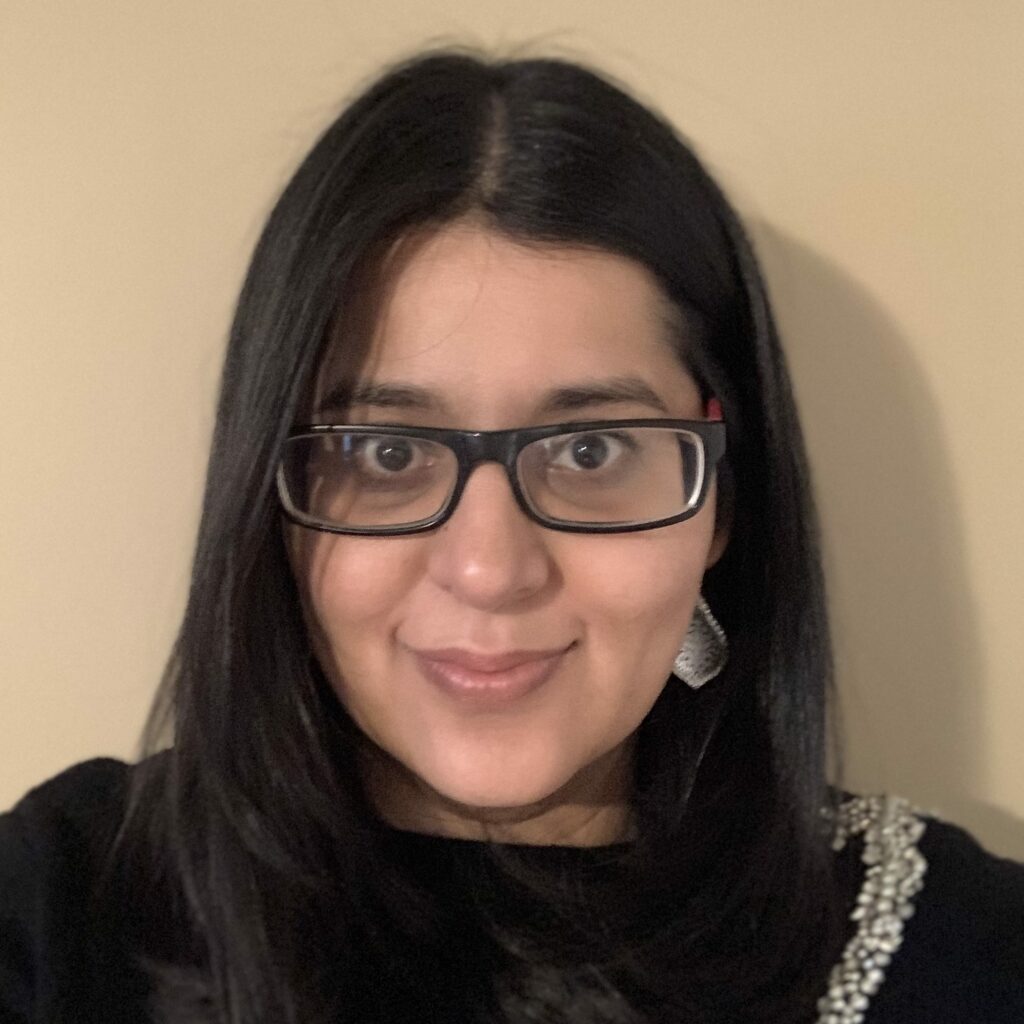
York University’s free Microlecture Series in Sustainable Living is an innovative, interdisciplinary and open access program that gives participants the opportunity to earn a first-of-its-kind digital badge in sustainable living.
Throughout the Microlecture Series in Sustainable Living, six of York University’s world-renowned experts share research, thoughts and advice on a range of critical topics related to sustainability. Their leadership and expertise, however, extends beyond the six-minute presentations.
Over the next several weeks, YFile will present a six-part series featuring the professors’ work, their expert insights into York’s contributions to sustainability, and how accepting the responsibility of being a sustainable living ambassador can help right the future.
Part five features Associate Professor Sapna Sharma.

Sapna Sharma is an associate professor in the Department of Biology, Faculty of Science, at York University. Her research highlights how lakes worldwide respond to climate change, including rapid ice loss, warming water temperatures, degrading water quality, and changing fish distributions. Her research has led to an induction into the Royal Society of Canada – College of New Scholars, she has been named one of Canada’s Top 10 Women Water Scientists, she has earned the prestigious Ontario Government Early Researcher Award and York University President’s Emerging Research Leadership Award. She is a dedicated science communicator and is the founder of SEEDS, an outreach program for refugees. For her commitment to science outreach, she was invited to serve as vice-chair for the Royal Canadian Institute for Science and awarded the Canadian Council of University Biology Chairs Science Promotion Prize.
Q: What does it mean to be a “sustainable living ambassador” and how does it foster positive change?
A: The microlecture sustainable series fosters positive change by providing a brief glimpse into the sustainability research conducted at York University through a free, open-access platform accessible to all.
Q: What would make you most proud for viewers to take away from your lecture, and the series as a whole?
A: Climate is changing rapidly in response to human disturbance and activities, with widespread consequences for lakes around the world. This in turn can have dire consequences for water insecurity. Already, over two billion people in the world do not have safe access to clean water. Without further protecting our freshwater ecosystems, there may be even less safe, clean water for humans and wildlife to use.
Q: Equity and equality are a common theme throughout these sustainability lectures. Why is that such a critical component of sustainability?
A: Women, people of colour and marginalized communities are most affected by the environmental, climate and water crises. Sustainability action improves the lives of all, including those affected most by water insecurity.
Q: Are there changes you’ve made in your work at York that other York community members can learn from?
A: Obviously this is a personal decision. I spend my life working towards improving our understanding of the impacts of climate change on lakes, whether it be through my research, teaching or public education efforts. Personally, I have moved to live in a more central location with easy access to public transit to reduce my ecological footprint.
Q: How do you view collective responsibility vs. personal responsibility in creating a more sustainable future?
A: Collective responsibility is required to tackle the climate and water crises. Personally, we can all take steps to live more sustainable lives and demand action from industries and governments to reduce our collective ecological footprint.
Q: How is York leading the way towards a more sustainable future?
A: There is amazing research and fantastic initiatives on sustainability happening across faculties at York University led by students, staff and professors. Providing the support required for students and faculty to shine will contribute to innovative solutions towards a more sustainable future.
Visit the Microlecture Series in Sustainable Living to see Sapna Sharma’s full lecture, as well as those by the other five experts, and earn your Sustainable Living Ambassador badge. Watch for part six of this series in an upcoming issue of YFile. Read more in parts one, two, three and four.
